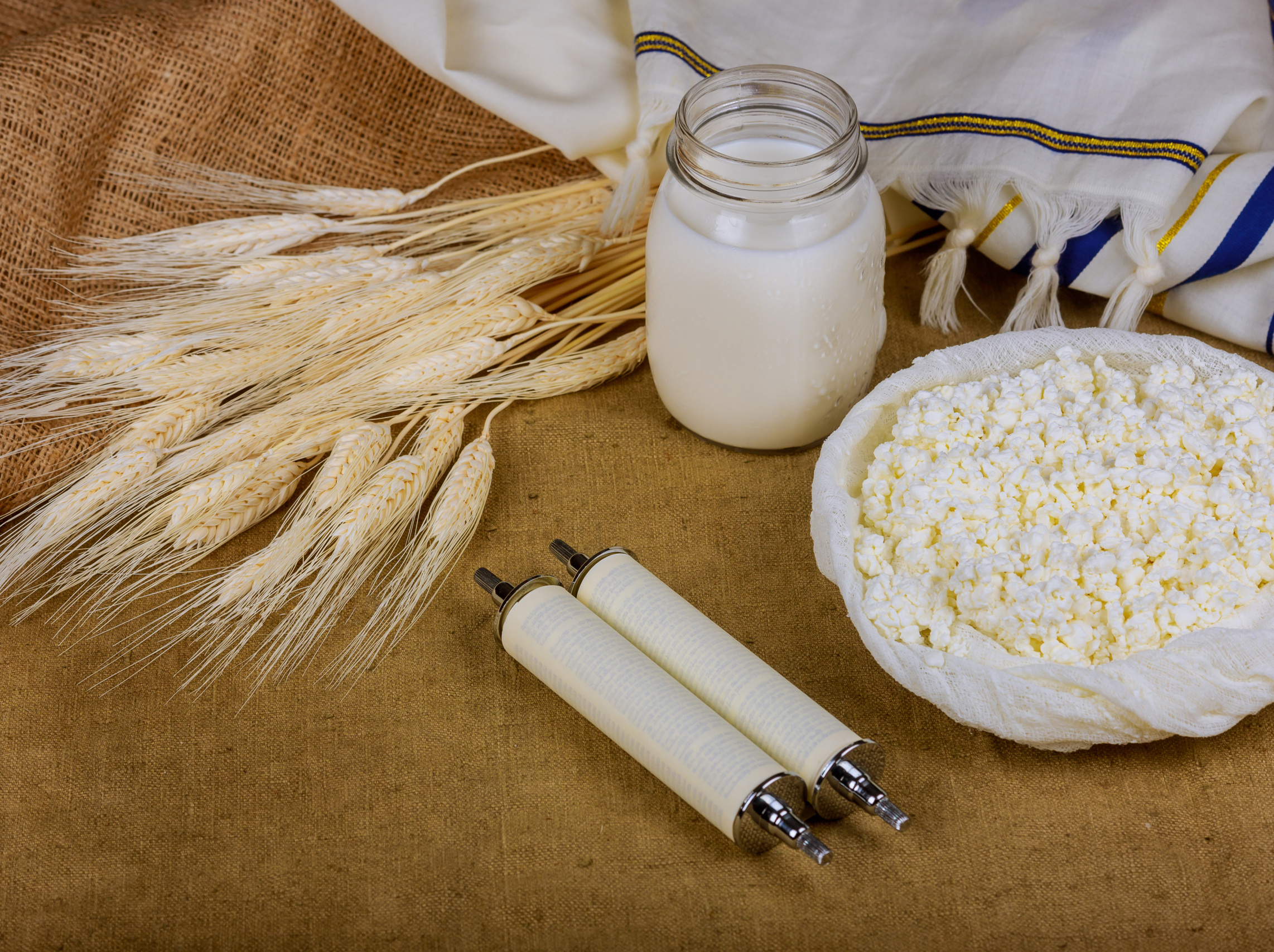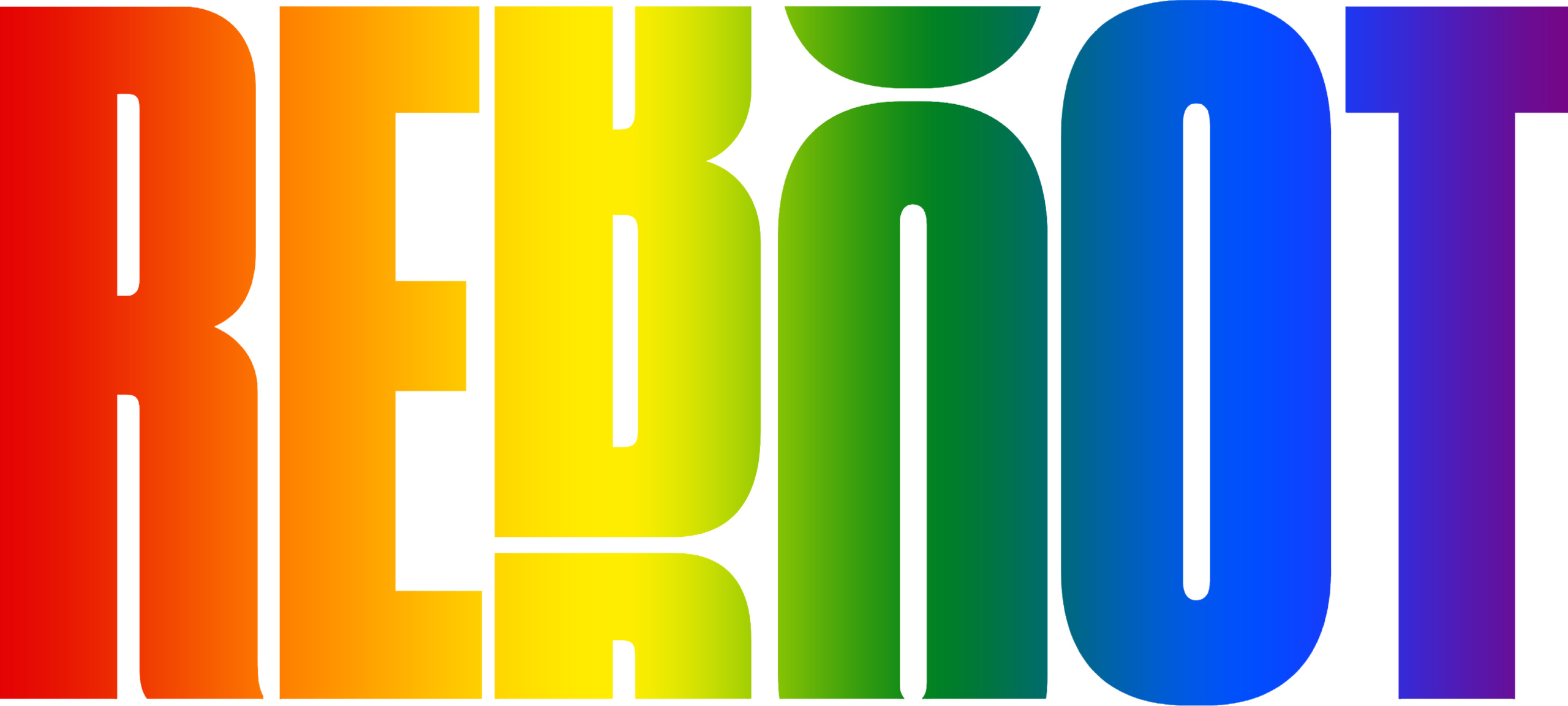
At its earliest core, Shavuot (Hebrew for “weeks”), aka The Feast of Weeks, aka The Feast of the First Fruits, aka The Feast of the Harvest, is an ancient Jewish agricultural holiday where people would journey to the Temple to offer the best produce of their harvest. While the origins of Shavuot are unclear, ancient Jewish farmers would count seven weeks/50 days (the tradition of “counting the omer,” i.e. the sheaves of grain, is rooted in counting the number of weeks until harvest) from the second night of Pesach until they arrived at Shavuot, which they intuited to be the earliest time when they could finally harvest their wheat. Given ancient Israel’s dependence on agriculture, the arrival of the wheat harvest was no small matter. With the ever-present possibility of drought, the destruction of a harvest season for any crop could be disastrous — all the more reason that a successful seven weeks of counting should be followed by a holiday — hence Shavuot.
Beyond the initial counting of the weeks until the harvest festival, there are a host of other commemorations and practices associated with Shavuot. Most notably, Shavuot is a celebration of the moment that the Jews received Torah at Sinai (not to be confused with the giving of the tablets to Moses). In the millennia following this tradition, Shavuot also became a holiday where different Jewish communities would stay up all night engaged in study; they’d eat absurd amounts of dairy treats and read the Biblical book of Ruth. In truth, no one knows exactly why all of these customs arose over the years. Apparently, in the eyes of the rabbis, Shavuot was ripe to accommodate layers upon layers of tradition. Interestingly, the more “ritualized” the holiday became, the less it ended up resembling the spring harvest festivals of the Ancient Israelite’s neighbors.
Reboot celebrates Shavuot with Dawn, an all-night interpretation of the holiday featuring music, dance, and more.
